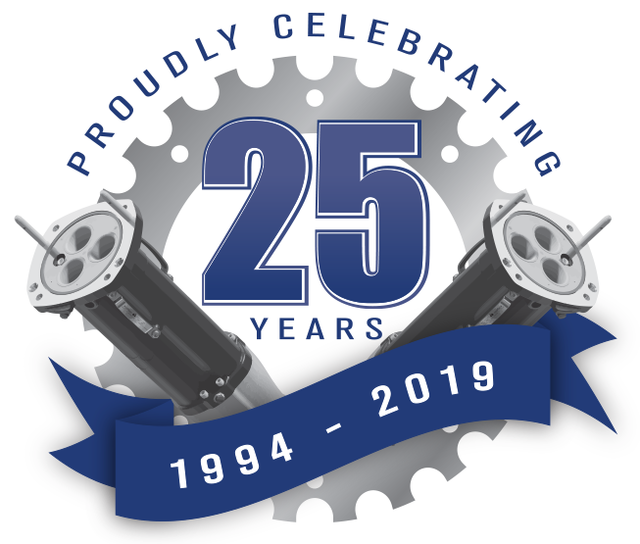ENVIRONMENT
Cornwall's net-zero lithium mining dreams
An ongoing lithium project in Cornwall, UK could see commercial-scale reserves extracted from deep geothermal reservoirs with a very low carbon footprint, creating a mining renaissance in the region. Heidi Vella takes a look at the project and its environmental potential.


C
ornwall, the most south-westerly county of the UK, has a rich mining heritage dating back to the Bronze Age. In the 18th century, more copper and tin were mined in the region than anywhere else. However, at the end of the 20th century falling metal prices and cheaper mines shuttered the industry.
Decades later, it is the legacy of this rich mining history that is supporting a potential revival in the region, albeit one of a very different kind.
Using artificial intelligence and machine learning to study and find patterns in historical local mining data, Cornish Lithium, a company founded by investment banker Jeremy Wrathall in 2016, discovered the possibility of notable lithium reserves in underground geothermal pools.
In mid-September this year, the company announced that it had unearthed some of the world’s highest grades of lithium at commercial scale, after completing sampling at Geothermal Engineering’s United Downs Deep Geothermal Power project, the first geothermal plant in the UK.
More than half of the country’s coal mines are managed by pro-Russian separatist militia.Credit: DmyTo/Shutterstock.
More than half of the country’s coal mines are managed by pro-Russian separatist militia.
Credit: DmyTo/Shutterstock.
Rich reserves
In the recently released drilling results, average lithium concentrations of 220 milligrams per litre (mg/L) of geothermal water, with concentrations of up to 260mg/L, were recorded. The findings, according to Dr Rob Bowell of SRK Consulting, are “globally significant”.
Their discovery is also rather timely. On 3 September, the European Union added lithium to its list of critical metals. The metal was included due to its essential use in new battery technology and because commercial deposits are scarce.
Most lithium comes from salty brine deposits in South America, where it is extracted by an evaporation process. But it is also produced from hard rock mining in Western Australia and in China. Chinese companies have acquired up to 40% of global lithium reserves, according to Nikkei Asian Review.
“Chinese companies have acquired up to 40% of global lithium reserves.”
Old geophysical surveys and historical data show that when people were mining for tin and copper a couple of hundred metres below Cornwall’s surface, they'd hit granite.
“Beneath the surface there are deep groundwaters, which we're calling geothermal waters, that circulate naturally at depth through big geological faults in the granite that was created when the region used to be tectonically active thousands of years ago,” explains Lucy Crane, a senior geologist at Cornish Lithium.
The hot water within the geological faults would often flood into mines making working conditions treacherous for miners.
Climate credentials
So far, Cornish Lithium has drilled two exploration bore holes in shallower geothermal waters, around 1km each, as well as testing the deep geothermal waters at the United Downs Geothermal Power project as part of a £4m joint venture between the two companies.
The company wants to exploit these reserves using existing novel technology, called Direct Lithium Extraction, that uses a filter, and nothing else, to fish the lithium out of the water as it is brought up to make electricity. They are currently in discussions with several technology providers about which is best to use.
The process will work as follows: bore holes will be drilled from the surface into a geological fault. The water will be brought to the top and here it will be used to make geothermal energy. It will then pass through a processing facility, which the company has received some government money to build from the Getting Building Fund, where the lithium will be filtered out and the water re-injected back into the ground.
“The mass balance won’t vary much as we're only extracting lithium from the water.”
“There shouldn’t be any by-product as we are essentially passing water through a filter using no chemicals. We're not expecting a huge impact on the subsurface either; the mass balance won’t vary much as we're only extracting lithium from the water, and nothing else, at about 200-parts per million,” explains Crane.
This is different to what happens with brine evaporation to remove lithium, which is a lengthy process due to the difficulty of separating out the different minerals and metals.
Over the next 12 months, when Geothermal Engineering has completed its power plant, Cornish Lithium will build a pilot extraction plant alongside it, about the size of a small supermarket, to trial the technology.
“The success of the pilot plant will be really important in determining whether it’s worth investing money into doing the same thing in different parts of Cornwall,” says Crane.
Future forecast
The lithium rich granite faults beneath Cornwall are 10-20km long, which Crane says means there are many potential sites to exploit. If the process can be replicated across the county, it could provide many more jobs than it does today. Furthermore, the process is not overly invasive so Crane is confident about gaining social licence to operate.
“When you're trying to intercept fluids, there is much more flexibility about positioning processing plants, meaning industrial sites can be located in the middle of Cornwall where there's no tourism and where it will have little impact on people’s lives,” she explains.
“When you're trying to intercept fluids, there is much more flexibility about positioning processing plants.”
Going forward, the company will focus on building the joint-venture pilot plant with Geothermal Engineering and take stock of the results from testing at the shallower sites.
In addition, the company is involved in a project to responsibly recycle lithium batteries using the same sort of technology.
If all goes well, the company could be commercially producing lithium in Cornwall in three to five years, concludes Crane.

AusProof is celebrating 25 years of business in Australia in 2019.
